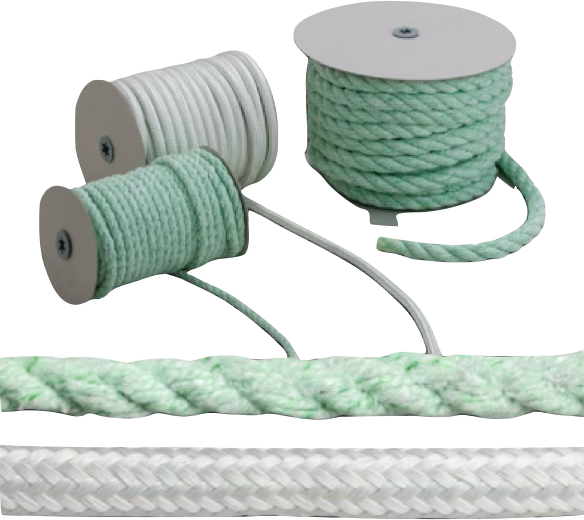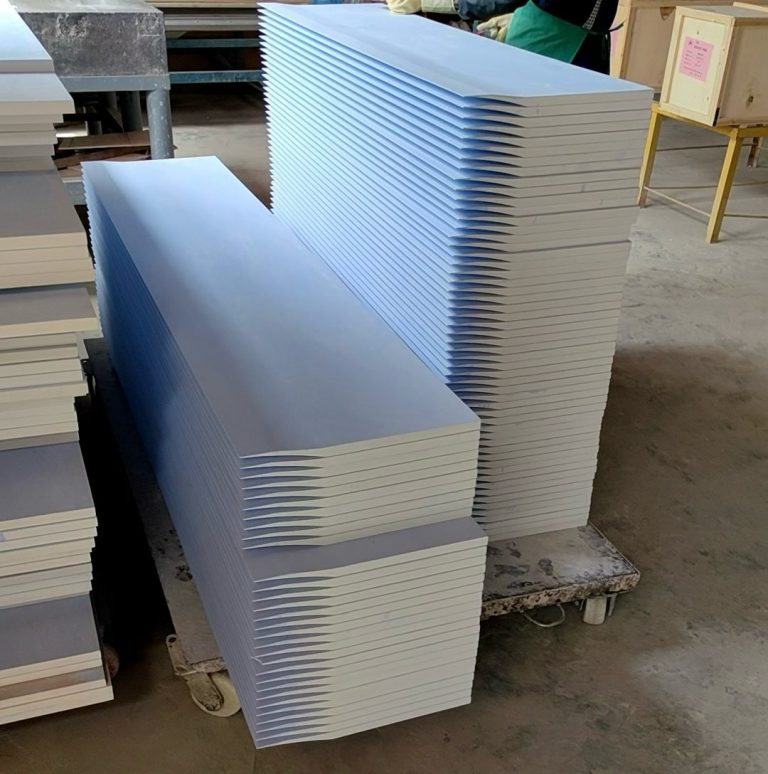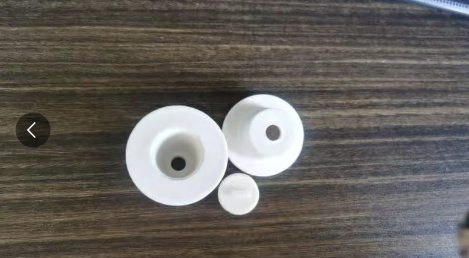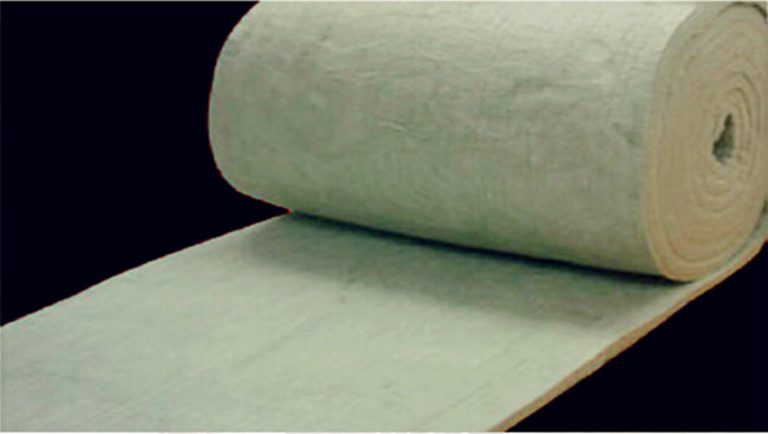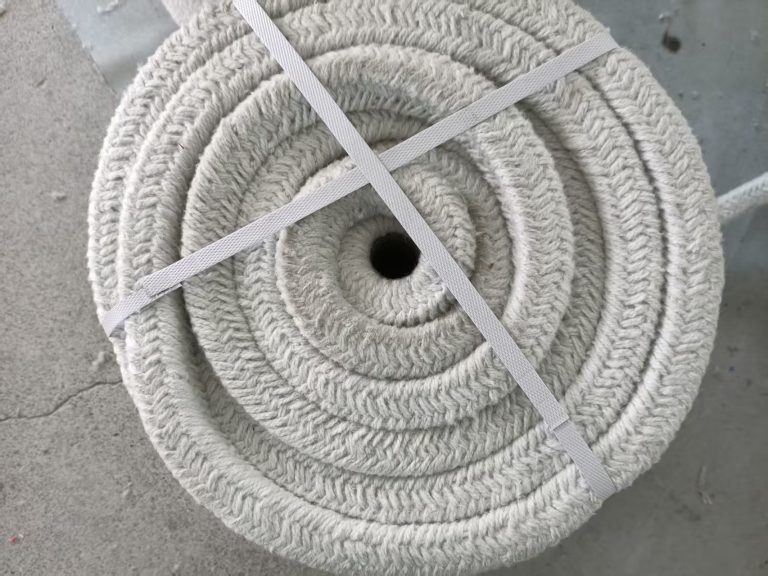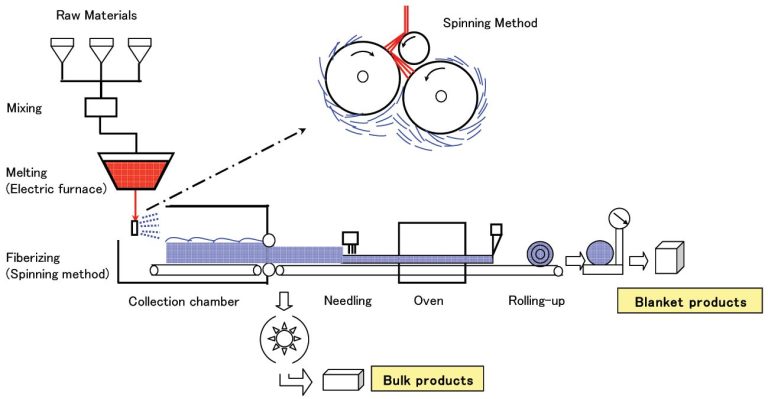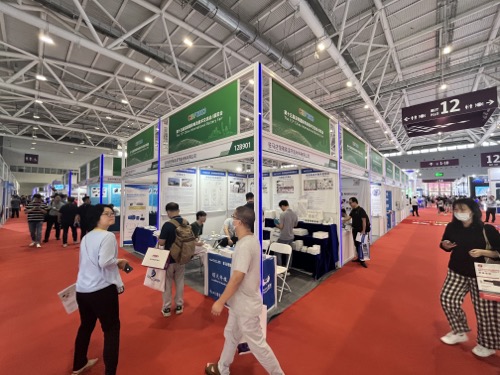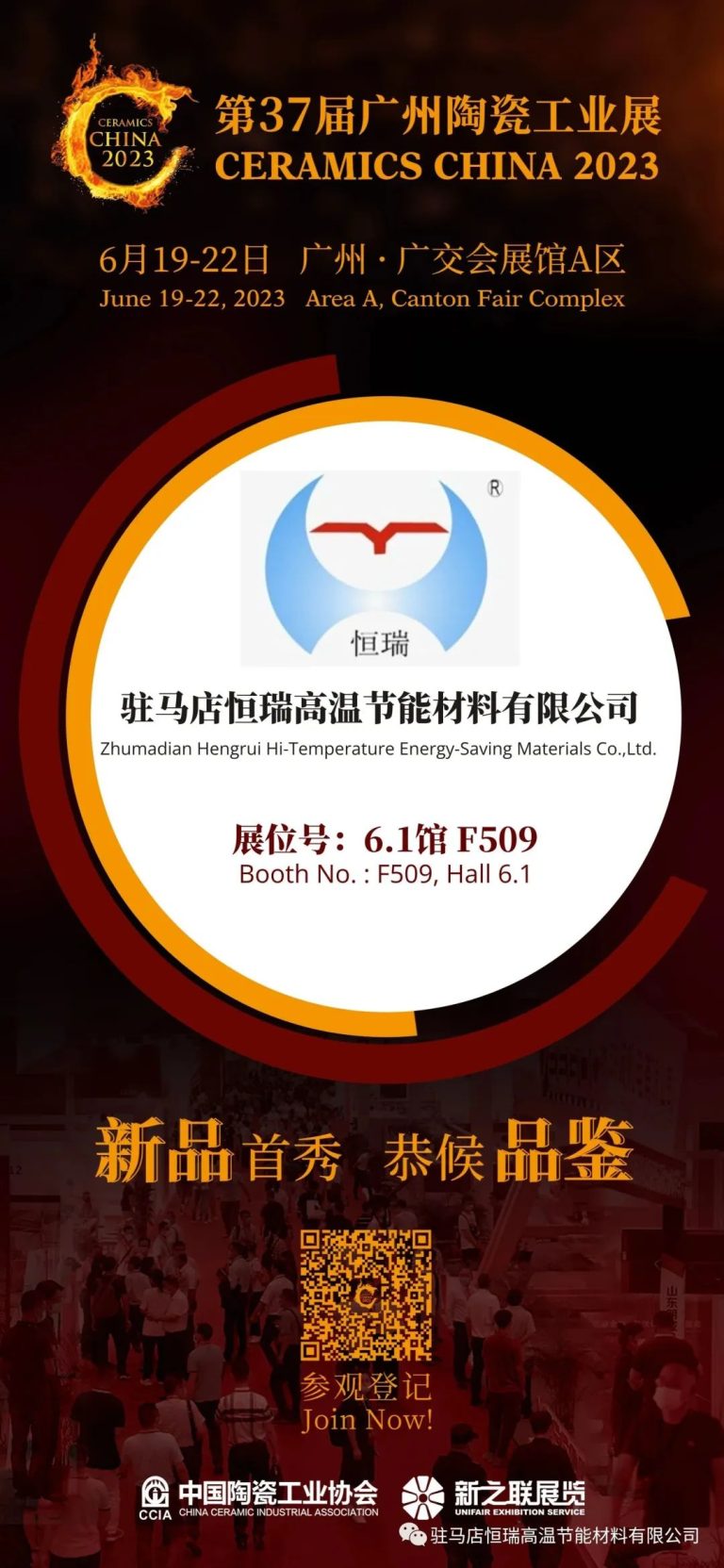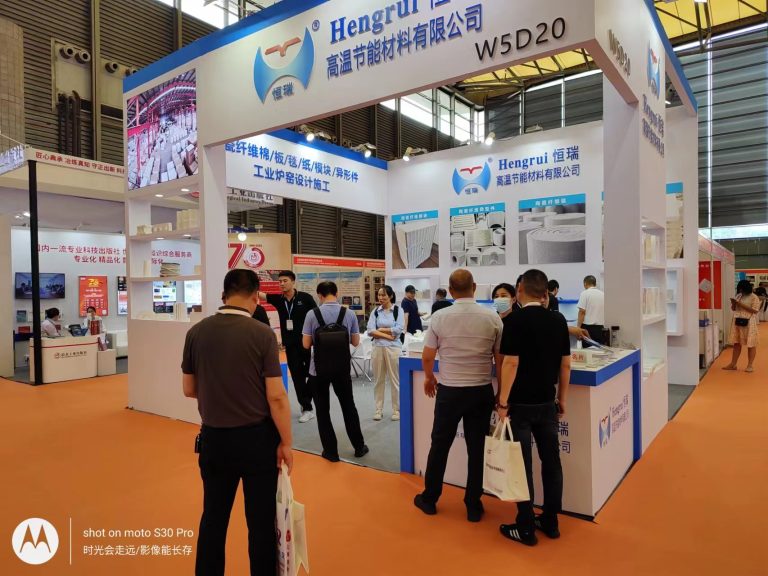Introduction
Enamel Coating Technology involves the application of enamel, a high-performance composite coating that combines inorganic glass glaze with a metal substrate through a firing process. By firmly bonding enamel to steel, cast iron, aluminum, copper, or stainless steel, the coated product achieves excellent corrosion resistance, high temperature durability, and long service life. Today, enamel is widely applied in water heaters, chemical containers, kitchen appliances, power plant desulfurization equipment, and construction materials.
Pretreatment Process – The Key to Strong Adhesion
In order to achieve high-quality enamel coatings, surface pretreatment of steel is essential.
- Physical Pretreatment (Sandblasting): Removes stains and creates a rough surface, improving adhesion.
- Chemical Pretreatment: Usually involves acid pickling for steel, or alkaline cleaning (NaOH) for metals like aluminum. After chemical treatment, thorough rinsing removes residual acids to avoid corrosion.
This step ensures the enamel coating forms a uniform, continuous, and defect-free protective layer.
Enameling Methods
1.Wet Enameling
Enameling processes are divided into two major types:
2.Dry Enameling (Electrostatic Powder Spraying)
- Uses electrostatic spraying technology.
- Advantages:
- Up to 97% material utilization
- Lower cost & energy saving
- Reduced environmental pollution
- Commonly applied by large European water heater manufacturers.
Firing Process – Turning Enamel into a Ceramic Shield
- When heated to around 700°C, enamel begins to melt. The firing process is usually performed at 830–860°C for 7–15 minutes, where enamel fuses with the metal surface, forming a durable ceramic-like protective layer.
- Continuous firing can be repeated multiple times to create multi-layer coatings for high-pressure or high-temperature applications.
- This process ensures exceptional corrosion resistance and thermal stability.
Applications of Enamel Coating
- Enamel-coated products are widely used in:
- Household Appliances: water heaters, washing machine drums, microwave ovens, kitchen sinks, ovens, stoves.
- Industrial Equipment: chemical reaction tanks, valves, desulfurization equipment in power plants, GGH enamel plates, pipelines.
- Construction Materials: enamel panels, sanitary ware, baths, shower rooms.
- Energy Sector: solar water heaters, pressure tanks, heat exchangers.
- Enamel coatings provide long-lasting protection and extend the service life of metal products.
Advantages of Enamel Coating
- Superior anticorrosion performance – protects against rust and chemical attack.
- High-temperature resistance – withstands extreme heating and cooling cycles.
- Eco-friendly – reduces environmental impact compared to traditional coatings.
- Energy-efficient production – especially with electrostatic spraying.
- Wide adaptability – suitable for steel, aluminum, cast iron, copper, and stainless steel.
Why Choose Us?
Our company provides a complete enameling solution from pretreatment equipment, enameling materials, firing furnaces, to turnkey production lines. We serve industries including civil, industrial, steel, chemical, and energy, and supply customized furnace equipment for various energy demands (natural gas, liquefied gas, coal gas, etc.).
Whether you require enamel technology for household appliances, industrial reactors, or environmental protection equipment, we deliver reliable, efficient, and eco-friendly solutions.
Contact Us
Looking for a trusted supplier of enamel coating technology and equipment?
👉 Contact [Your Company Name] today to get a customized solution that meets your production needs.

